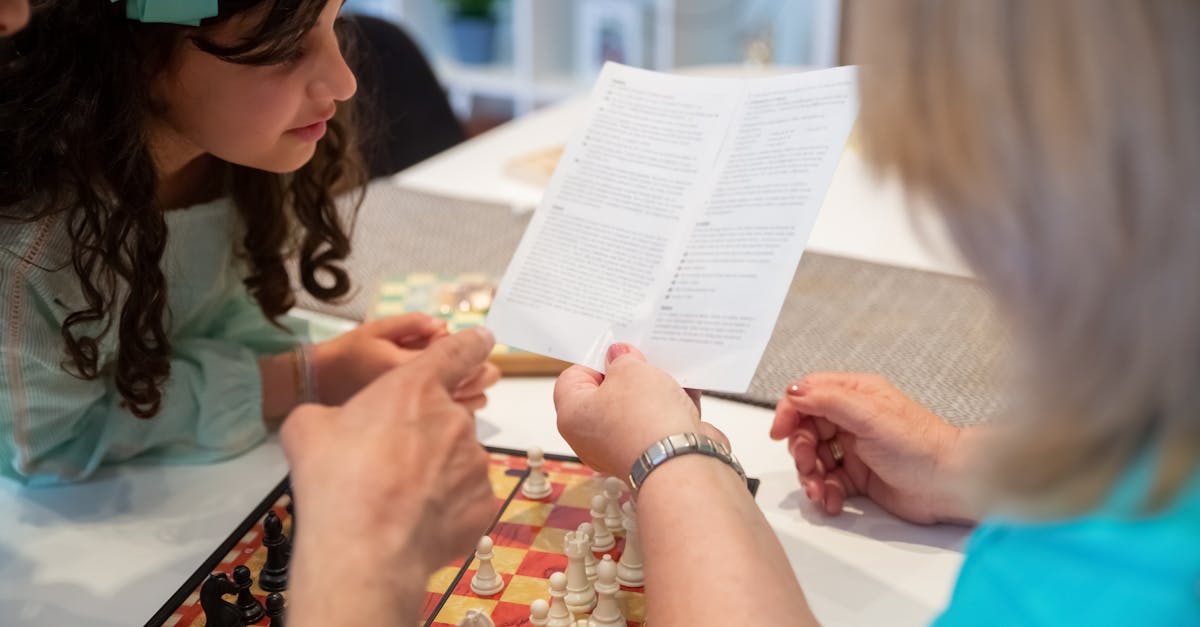Navigating the world of baby co-parenting can feel like trying to assemble a crib with missing screws—confusing and a bit chaotic. But don’t worry, it’s not all sleepless nights and diaper disasters. With the right approach, co-parenting can be a rewarding journey that turns two into a team, even if that team sometimes resembles a circus act.
Imagine sharing the joys of baby giggles while mastering the art of synchronized diaper changes. Co-parenting isn’t just about splitting responsibilities; it’s about creating a nurturing environment where both parents can thrive. From coordinating nap schedules to sharing the latest parenting hacks, every step brings its own set of challenges and triumphs. So buckle up—this guide is here to help transform the co-parenting experience into a delightful adventure filled with laughter, love, and maybe a few baby food mishaps.
Table of Contents
ToggleUnderstanding Baby Co-Parenting
Baby co-parenting involves both parents actively raising their child while navigating their own unique circumstances. Emphasizing collaboration, it focuses on jointly creating a nurturing environment.
Definition and Importance
Co-parenting signifies the shared responsibility between parents to care for their child, whether they are married, separated, or in other arrangements. This approach is essential for fostering healthy child development, as it provides stability and support. By maintaining open communication, parents build trust, which positively influences their child’s well-being. Active involvement from both parents can lead to better emotional and behavioral outcomes for the child. Prioritizing cooperation helps cultivate mutual respect, ensuring that every parenting decision prioritizes the child’s needs.
Types of Co-Parenting Arrangements
Co-parenting exists in various forms, each suited to different family dynamics. Joint custody allows both parents equal time and decision-making power regarding their child’s upbringing. In contrast, sole custody gives one parent primary responsibility while the other may have visitation rights. Collaborative co-parenting relies on communication, enabling both parents to work together despite separation. Even parallel parenting, characterized by minimal interaction, can provide consistency and structure for the child. Identifying the most effective arrangement depends on the specific needs of the family and aims to ensure a supportive environment for the child’s growth.
Benefits of Baby Co-Parenting

Baby co-parenting offers numerous advantages for both the child and the parents involved. A nurturing environment supports healthy emotional and social development.
Emotional Support for the Child
Emotional security stems from consistent love provided by both parents. Children benefit from having multiple emotional outlets, reducing stress and anxiety. An effective co-parenting relationship fosters open dialogue, encouraging kids to express feelings without fear. Positive interactions between parents create a stable atmosphere, enhancing the child’s overall well-being. Collaborations in parenting styles lead to reinforced beliefs and values, promoting emotional resilience. Happiness radiates when parents work together, as children sense harmony in their surroundings.
Shared Responsibilities Among Parents
Shared responsibilities alleviate the pressures faced by each parent individually. Coordinating schedules aids in ensuring kids receive essential care and attention. Dividing tasks, such as diapers, feedings, and school pick-ups, makes daily life more manageable. Parents can exchange insights, enriching their knowledge of child development. Joint participation in milestones fosters a sense of teamwork, strengthening the parenting bond. When parents engage in co-parenting, they model cooperation and compromise, demonstrating valuable life skills for their children.
Challenges in Baby Co-Parenting
Baby co-parenting presents several challenges that can impact the effectiveness of the arrangement. Overcoming these obstacles requires understanding and collaboration.
Communication Issues
Communication issues frequently arise in co-parenting situations. Parents may struggle to sync schedules or discuss important decisions regarding their child. Misunderstandings can stem from differences in parenting styles or emotional stress. Establishing clear channels of communication minimizes confusion. Regular check-ins can keep both parties informed about the child’s needs, enhancing overall cooperation. Prioritizing open dialogue assists in resolving conflicts swiftly and maintaining a united front for the child.
Legal Considerations
Legal considerations play a crucial role in baby co-parenting. Courts often establish custody arrangements, defining each parent’s rights and responsibilities. Understanding these legal frameworks is essential to avoid disputes. Modifications to custody agreements may be necessary if circumstances change. Parents must consider laws regarding child support and visitation. Consulting legal professionals ensures that both parties remain compliant with regulations. Awareness of these legal aspects contributes to a more harmonious co-parenting experience.
Tips for Successful Baby Co-Parenting
Successful baby co-parenting requires mutual understanding and cooperation between partners. Focus on establishing boundaries and nurturing a positive relationship.
Establishing Clear Boundaries
Setting clear boundaries proves essential for effective co-parenting. Define parental roles and responsibilities early on to prevent confusion. Discuss schedules, communication methods, and discipline approaches openly. Clarify expectations regarding each parent’s involvement in decisions related to the child’s welfare. Establishing these boundaries fosters consistency, which is beneficial for the child’s development. Not all arrangements fit every family; customize your approach based on shared needs and preferences. Addressing boundaries regularly also helps navigate evolving circumstances and maintain harmony.
Maintaining a Positive Relationship
Maintaining a positive relationship enhances the co-parenting experience significantly. Cultivating respect and trust creates a stable environment for the child. Regularly check in with each other, discussing parenting challenges and successes. Utilize constructive feedback and avoid criticism to keep communications healthy. Celebrate milestones together to foster teamwork, reinforcing shared goals. Prioritize flexibility during transitions and routines to ease stress. Focus on the child’s best interests, allowing both parents to show love and support consistently, reinforcing a strong family foundation.
Baby co-parenting offers a unique opportunity for parents to grow together while nurturing their child. By embracing open communication and teamwork parents can create a supportive environment that fosters emotional security for their little one. The journey may come with its challenges but the shared experiences and joys make it worthwhile.
Establishing clear boundaries and roles helps streamline responsibilities and maintain a positive relationship. With mutual understanding and respect parents can navigate the complexities of co-parenting effectively. Ultimately the focus on the child’s well-being and happiness can transform this experience into a rewarding partnership filled with love and shared milestones.






